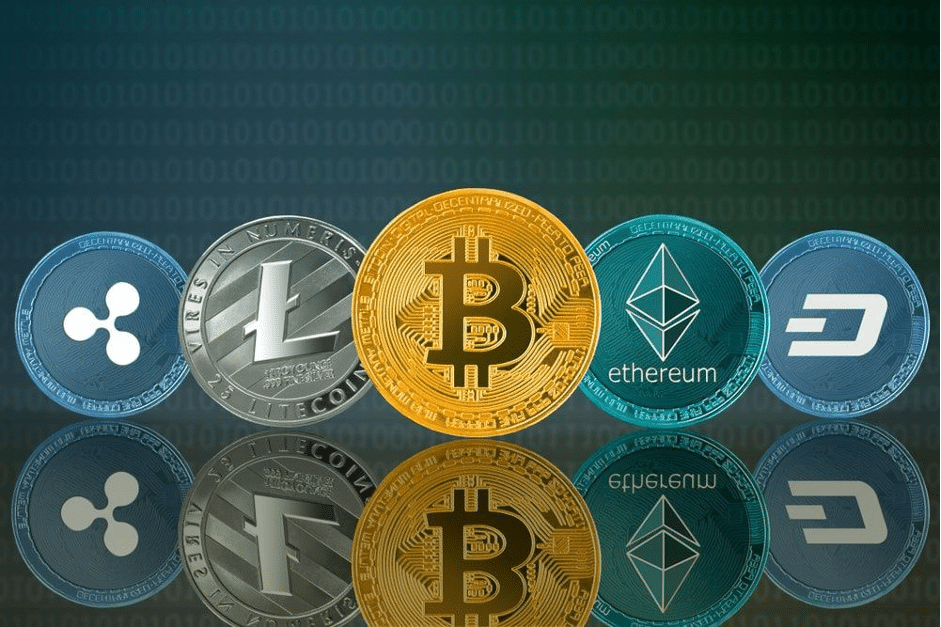In the digital age, the way we manage money has transformed dramatically. Mobile wallet apps have emerged as a cornerstone of modern financial transactions, providing users with unprecedented convenience and accessibility. These apps not only streamline the process of handling fiat currency but have also become integral to the management of digital currencies such as cryptocurrencies. This article delves into the evolution of mobile wallet apps, their impact on daily transactions, and their increasing role in the cryptocurrency sector.
When discussing digital asset management, particularly for Android users, identifying the best crypto wallet for Android is crucial. These wallets need to combine high-level security with an easy-to-use interface to cater to the growing demand for digital currency transactions on mobile devices. Android users benefit from a variety of wallet apps designed to optimize usability without compromising on security, making the management of digital assets straightforward and secure.
Evolution of Mobile Wallet Apps
Transition from Traditional Wallets to Digital Platforms
The evolution from bulky, traditional wallets brimming with cash, coins, and plastic cards to streamlined, sophisticated digital apps marks a transformative change in consumer habits and financial interactions. Initially conceived to digitize the way we carry credit and debit cards, mobile wallets quickly expanded their utility beyond simple card storage. Early versions allowed consumers to replicate the physical wallet in a digital form, facilitating quicker transactions by simply tapping their phones instead of the traditional card swiping at checkouts.
As technology and user acceptance advanced, mobile wallets grew to encompass a broader array of functionalities. Today, they are equipped to store not just banking cards but also loyalty cards, event tickets, boarding passes, and various vouchers. This capability has turned smartphones into incredibly powerful, multi-functional tools that handle a vast spectrum of everyday transactions, reducing the need to carry a physical wallet packed with cards and cash.
Seamless Integration with Global Payment Systems
The significance of mobile wallets has been greatly enhanced by their integration with major global payment systems such as Apple Pay, Google Pay, and Samsung Pay. This integration has been pivotal in fostering trust and widespread adoption among users by providing a secure and efficient method of conducting transactions across a variety of platforms and devices.
These mobile payment platforms employ advanced security measures such as tokenization, which replaces sensitive card information with a unique identifier or token that can be safely transmitted over networks without exposing actual account details. This method significantly mitigates the risk of fraud and data theft, assuring users that their financial information is well-protected. Additionally, the ability of these systems to work seamlessly across different hardware and operating systems enhances user experience by providing a consistent, reliable, and quick payment method regardless of the device.

This comprehensive integration not only simplifies the transaction process but also ensures that mobile wallets are a secure, convenient option for managing financial transactions in the digital age. It reflects a broader trend towards cashless societies, where digital transactions can be made quickly, securely, and seamlessly, anywhere and anytime.
These developments have not only revolutionized how consumers interact with their finances but have also paved the way for future innovations in mobile payment technologies. As mobile wallets become more embedded in our daily lives, they continue to evolve, adding new features that anticipate and meet the changing needs of consumers around the world. This ongoing evolution signifies a shift towards more integrated, user-centered financial services that promise to redefine our relationship with money in an increasingly digital world.
The Role of Mobile Wallets in Cryptocurrency Transactions
Adapting to the Needs of Crypto Users
As cryptocurrencies have grown in popularity, mobile wallet developers have quickly adapted to include support for various digital currencies. Modern mobile wallets are not just for traditional banking transactions; they are also designed to buy, sell, and store cryptocurrencies efficiently. This adaptation has been crucial in bringing cryptocurrencies into the mainstream, allowing everyday users to perform crypto transactions alongside regular banking activities.
Choosing the Right Crypto Wallet for Android
For Android users, selecting the right crypto wallet app can be daunting due to the plethora of options available. The best crypto wallets for Android are characterized by robust security features such as encryption and pin codes, backup capabilities, and user-friendly interfaces. These features ensure that users can manage their cryptocurrencies safely and intuitively without needing extensive technical knowledge.
Features That Enhance User Experience
User-Friendly Design
One of the critical factors in the widespread adoption of mobile wallet apps is their focus on user experience. Developers strive to create interfaces that are not only visually appealing but also extremely functional. The best apps offer a balance of aesthetic and usability, ensuring that all features are easily accessible and transactions can be completed swiftly and without confusion.

Enhanced Security Measures
Despite the convenience offered by mobile wallets, security remains a top priority. Advanced security features like biometric authentication (fingerprint and facial recognition) and two-factor authentication have become standard. These features provide users with peace of mind, knowing their financial data and digital currencies are protected against unauthorized access.
Challenges and Future Directions
Navigating Regulatory and Security Challenges
As the use of mobile wallet apps expands, they face increasing regulatory scrutiny and complex security challenges. App developers must navigate these issues carefully to maintain user trust and comply with financial regulations. Continuous updates and security patches are vital to safeguard against evolving cyber threats.
Innovations on the Horizon
Looking forward, we can expect mobile wallet apps to incorporate more advanced technologies such as blockchain and artificial intelligence. These innovations could offer even greater security and efficiency, paving the way for smarter financial management solutions.
Conclusion: Embracing the Mobile Wallet Revolution
The rise of mobile wallet apps marks a significant development in the financial sector, providing a blend of convenience and accessibility that was unimaginable a few decades ago. For both fiat and digital currencies, these apps have become integral to daily financial interactions. As technology continues to evolve, mobile wallets will likely play an even more prominent role in our digital lives, transforming not just how we manage money but also how we integrate financial decisions into our daily routines. With their ability to adapt quickly to new technologies and user needs, mobile wallet apps are not just a trend but a fundamental shift in the financial landscape.
